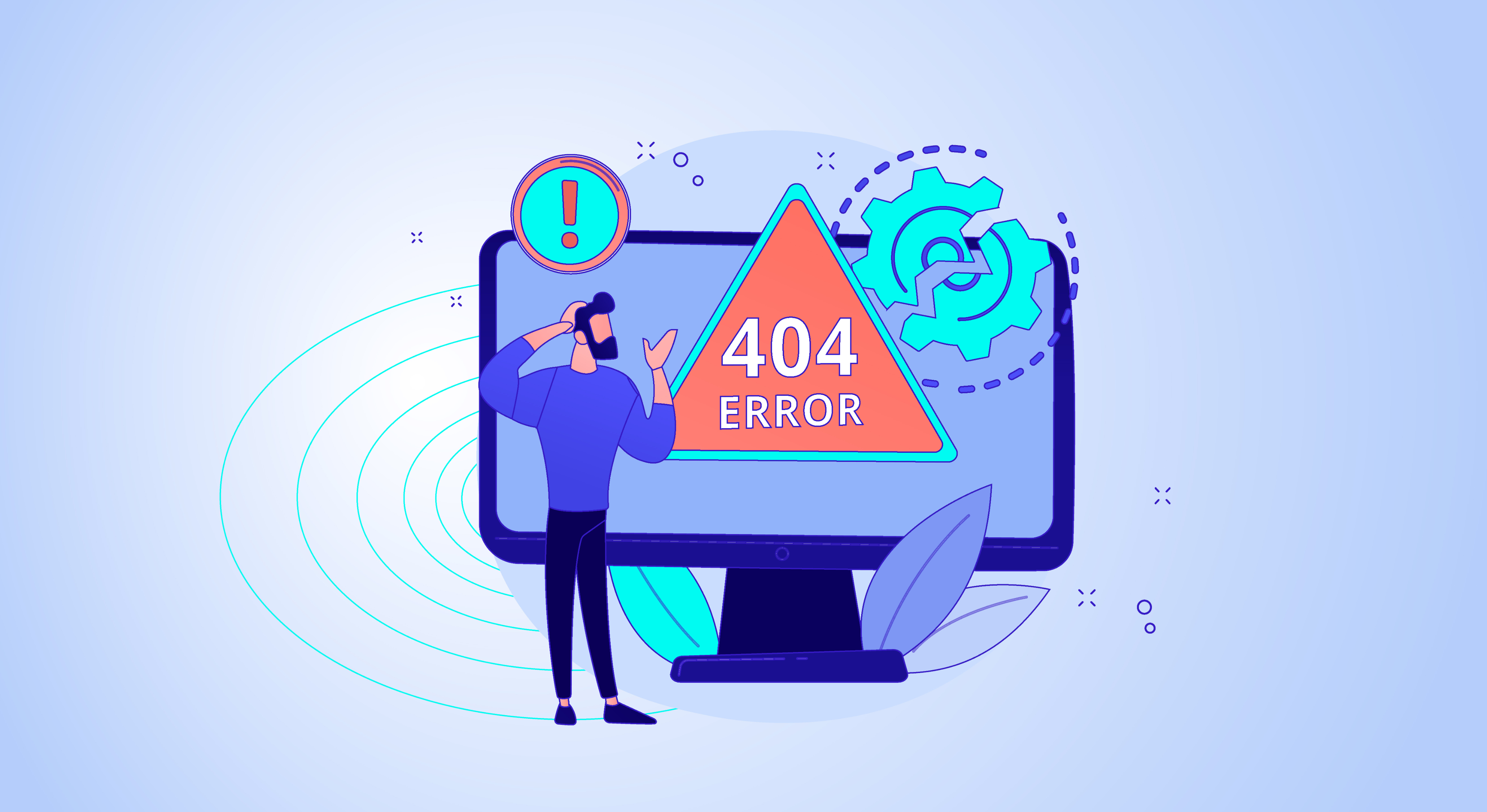
Avoiding common mistakes in search engine marketing
Search engine marketing (SEM) has become a crucial aspect of digital marketing strategies for businesses across various industries. However, to make the most of SEM campaigns, it's essential to avoid common mistakes that can hinder your success. In this blog post, we will explore the most prevalent errors in search engine marketing and provide valuable insights on how to steer clear of them. By understanding and avoiding these mistakes, you can optimize your SEM efforts, increase your online visibility, and drive relevant traffic to your website.
Neglecting Keyword Research:
One of the most common mistakes in search engine marketing is neglecting proper keyword research. Keywords serve as the foundation of your search engine marketing
campaigns, and failure to identify and target the right keywords can lead to poor ad performance. It's crucial to conduct comprehensive keyword research to understand what terms your target audience is using to find products or services similar to yours. Utilize keyword research tools and analyze search volumes, competition levels, and long-tail keywords to create a well-rounded list of relevant and high-performing keywords for your campaigns.
Poor ad copy and creative:
Another mistake in search engine marketing is overlooking the importance of compelling ad copy and creative elements. Your ads should be attention-grabbing, relevant, and provide a clear value proposition to entice users to click. Avoid generic or vague copy that fails to differentiate your offerings from competitors. Craft persuasive ad copy that highlights the unique selling points of your products or services. Use ad extensions, call-to-action phrases, and enticing visuals to enhance the performance of your ads.
Irrelevant Landing Pages:
Driving users to a poorly designed or irrelevant landing page can result in high bounce rates and wasted ad spend. Your landing pages should align seamlessly with the ad copy and keywords used in your campaigns. Create dedicated landing pages that provide a smooth user experience, clearly communicate your value proposition, and make it easy for visitors to convert. Optimize landing page loading speed, ensure mobile responsiveness, and maintain consistency between the ad and landing page messaging to maximize conversion rates.
Ineffective Bid Management:
Mismanagement of bids can drain your SEM budget and limit campaign performance. Setting bids too high or too low can lead to an inefficient allocation of resources. Take advantage of bid management tools or platforms to automate and optimize your bidding strategy. Regularly monitor and adjust bids based on keyword performance, ad positioning, and conversion rates. Implement A/B testing to compare different bidding strategies and determine the most effective approach for your specific goals.
Lack of Performance Tracking and Analysis:
Failing to track and analyze the performance of your SEM campaigns can hinder your ability to make informed decisions and improve results. Set up conversion tracking, implement analytics tools, and regularly review performance metrics such as click-through rates (CTR), conversion rates, and return on ad spend (ROAS). Identify underperforming keywords, ads, and landing pages, and make data-driven adjustments to optimize your campaigns. Continuously monitoring and analyzing campaign performance is crucial to uncovering valuable insights and refining your search engine marketing strategies.
Conclusion:
Understanding and avoiding common mistakes in search engine marketing (SEM) is crucial for the success of your Xamtac campaign. By taking the time to conduct thorough keyword research, craft compelling ad copy and creative, optimize landing pages, manage bids effectively, and track performance metrics, you can set yourself up for a successful SEM campaign.
Neglecting keyword research can lead to poor ad performance, so ensure you identify and target the right keywords for your Xamtac campaign. Poor ad copy and creative can fail to differentiate your offerings, so invest time in creating persuasive and attention-grabbing ads. Make sure your landing pages align seamlessly with your ad copy and keywords to provide a smooth user experience and increase conversion rates.
Effective bid management is crucial to allocating your budget efficiently, so utilize bid management tools and regularly monitor and adjust bids based on performance. Lastly, track and analyze the performance of your SEM campaigns to make data-driven decisions and continuously optimize your strategy.

Search engine marketing vs traditional advertising
Search engine marketing vs traditional advertising: Contrasting the effectiveness, targeting capabilities, and reach of digital search engine marketing with traditional forms of advertising

The Benefits of Using Google Ads for Your Search Engine Marketing Campaigns
Google Ads is an online advertising service that helps businesses reach their customers. With Google Ads, businesses can create and run ads across the web, including on Google Search and YouTube.

The Top Benefits of Search Engine Marketing for Small Business Owners
Search engine marketing (SEM) is a highly efficient type of online advertising that can help business owners reach more clients and grow their ventures.